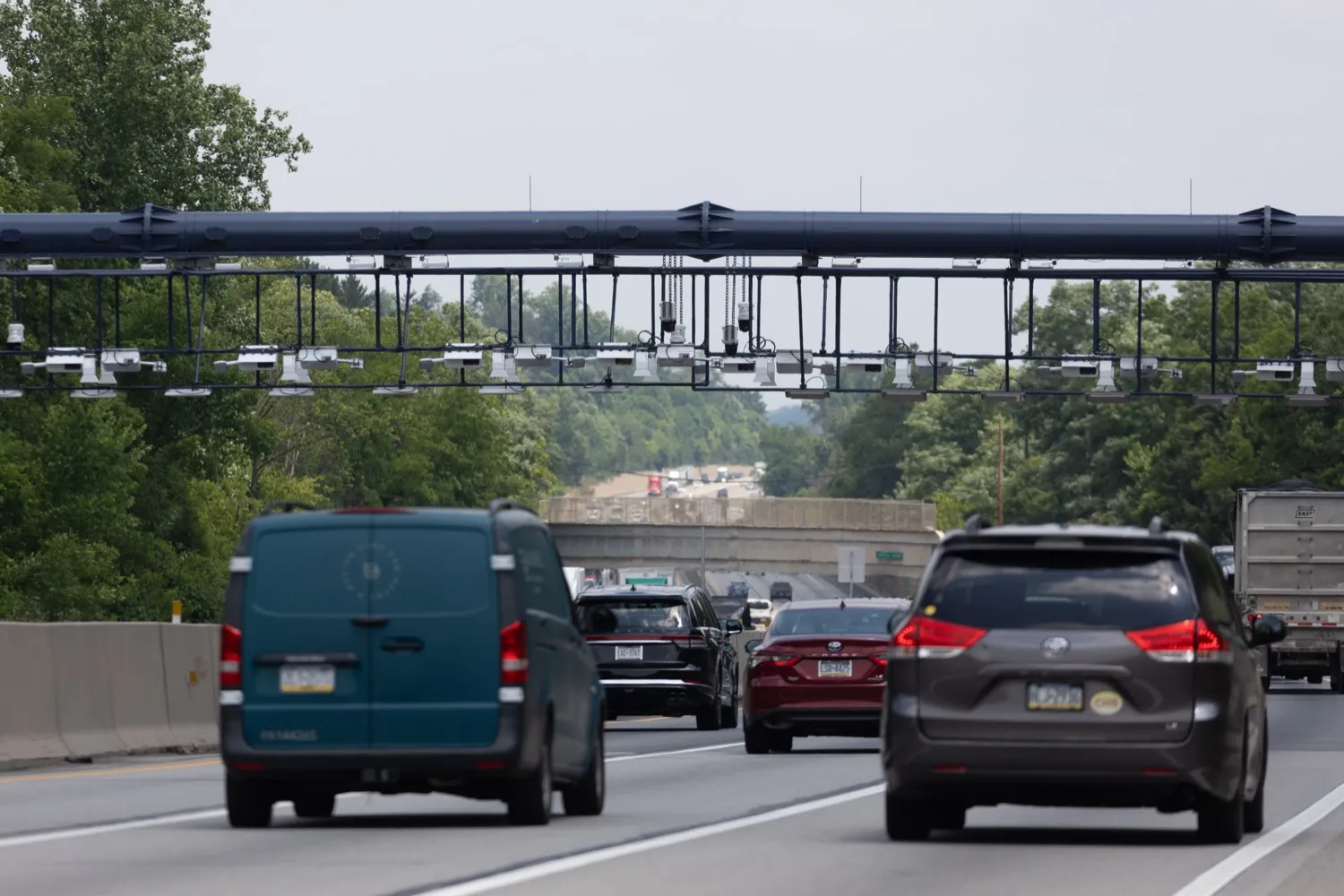As the south-eastern United States braces for Hurricane Matthew to make an expected landfall later this week, tolling authorities up and down the east coast are already shifting into high gear to prepare for the extreme weather development.
Over the course of the last several years, the
Super Storm Sandy: Adaptation and Resilience, the report of a forum held to discuss the lessons learned from Storm Sandy, is available on the IBTTA website, along with a thematic report of discussions with transport leaders on best practices for communicating with the public during a severe weather event.
Anticipating and preparing for the next severe weather situation, like Hurricane Matthew, is an essential part of toll authorities’ mission to deliver safe, efficient mobility, says Patrick D. Jones, executive director and CEO of the IBTTA. Jones continued, “Tolling authorities take a consistent, serious and professional approach to emergency preparedness and response. Roadway and maintenance crews have been training and preparing for this type of situation for years. Toll road customers can expect a strong emphasis on traffic safety and road clearance.”
US tolling authorities braced for Hurricane Matthew
As the south-eastern United States braces for Hurricane Matthew to make an expected landfall later this week, tolling authorities up and down the east coast are already shifting into high gear to prepare for the extreme weather development.
October 6, 2016
Read time: 2 mins








